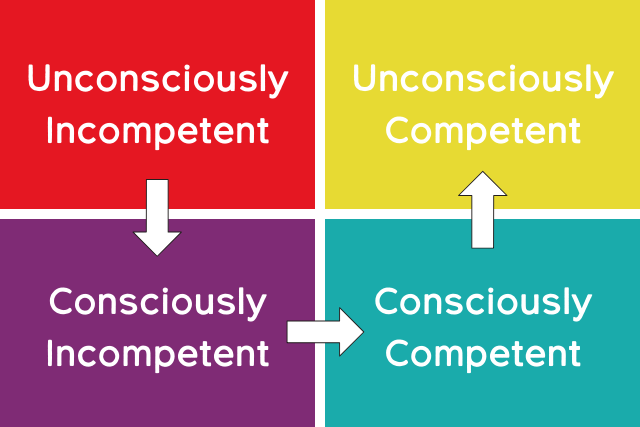While uncertain times demand flexibility, growth mindset, and industriousness from all parties, it’s the leaders who need to create the nurturing, supportive environment for people to do their best work, while setting expectations for others to rise up to. Particularly in times of ambiguity, leaders are looked to for strength, clarity, guidance, and direction. Even when they, too, are unclear about how best to proceed and perhaps even scared, school leaders need to project feelings of confidence and calm and find ways to communicate them with others.
To lead in these conditions, start by controlling your own fear. Your people first need to believe that you’re in control of yourself if they're to have confidence that you can make smart decisions in tough times that affect others. One independent school headmaster I know made a calculated move back in March (just before the lock down) that he quickly came to regret. Apparently, some teachers had acted lackadaisically early on with their student supervision as the scope and severity of COVID was still being understood. The headmaster responded by raising his voice at a teacher meeting as a way of impressing upon his staff that COVID was serious and that children’s lives were at stake. The result was a fearful staff and an admonition from the school’s lay leadership.
Read More








